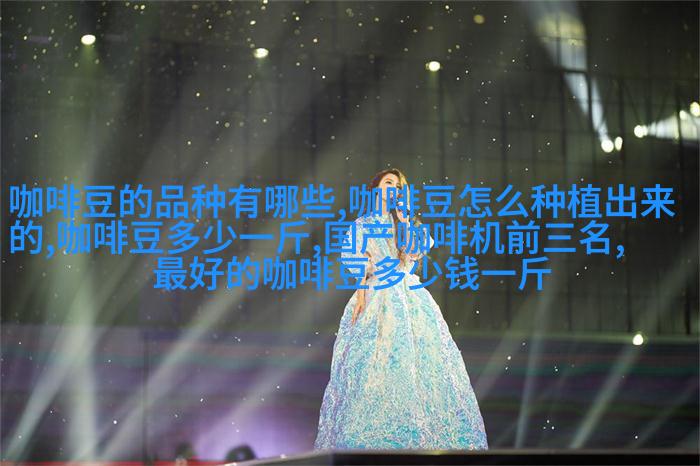首页 - 咖啡豆价格 - 茶与咖啡的对比之旅中西饮品文化探究
What Makes Tea and Coffee Unique?

Tea has been a staple in Chinese culture for centuries, with its origins dating back to the Shang Dynasty. It is believed that tea was first discovered by the Chinese Emperor Shennong in 2737 BCE. On the other hand, coffee originated in Ethiopia around 1000 AD. Both beverages have their own unique history and cultural significance.
What are the Origins of Tea and Coffee?

The process of making tea involves steeping leaves from the Camellia sinensis plant in hot water. There are many different types of tea, including black, green, white, oolong and yellow tea. Each type has its own distinct flavor profile and health benefits.
Coffee beans come from a plant called Coffea arabica or Coffea canephora (Robusta). The beans are roasted to bring out their distinctive flavors and aromas. Like tea, there are many different ways to brew coffee, including drip brewing, French pressing and espresso.

How do Tea and Coffee Affect Our Health?
Both tea and coffee have been shown to have numerous health benefits when consumed in moderation. Green tea contains antioxidants that may help protect against certain diseases such as heart disease and cancer.

Caffeine found in both beverages can improve alertness but excessive consumption may lead to sleep disturbances.
How Do We Consume Tea And Coffee Around The World?

In China, it is common for people to drink green or jasmine tea after meals while socializing with friends or family members. In Japan however they prefer matcha which is finely ground powder made from green leaves mixed into hot water creating a frothy beverage often served at traditional Japanese ceremonies known as Chanoyu Chakai Ocha Sadou
In Europe especially Italy where cappuccino became popularized during breakfast hours whereas Spain consumes most during siesta time with short pauses between meals
In Africa where it's grown mainly serves as a means of social gathering before work begins
Why Do People Prefer One Over The Other?
Some people prefer one over the other due personal taste preferences; some enjoy strong bitter flavors while others like smooth mellow tastes depending on how you like your caffeine levels also plays an important role since everyone reacts differently
Moreover cultural influences play significant roles too; living among those who predominantly consume either might make you more inclined towards trying it yourself
Lastly habits developed through generations may influence our choices we follow what our parents did without questioning why because familiarity breeds comfort
As much as these two drinks share similarities such as stimulating effects they differ significantly enough that each offers something unique catering specific needs of individuals across cultures worldwide
猜你喜欢
- 2025-03-25物流管理高峰追踪逆风顺舵的供链奇迹
- 2025-03-24面朝大海 - 逆风扬帆面对无尽海洋的勇气与梦想
- 2025-03-24阮家小馆的味道
- 2025-03-24浓缩生活的艺术咖啡之谜与神秘
- 2025-05-06品味时尚深度咖啡评测
- 2025-03-24快拨出天我是你母亲母爱无限关怀如初
- 2025-03-24咖啡豆烘焙后最佳时间-星巴克浓缩烘焙咖啡豆
- 2025-03-24经济法案例分析题深度剖析经济纠纷解决机制与实践
- 2025-03-24精品咖啡香浓滋味的艺术品
- 2025-03-24灌篮高手手游首发我是篮球新星灌篮高手的数字传说

